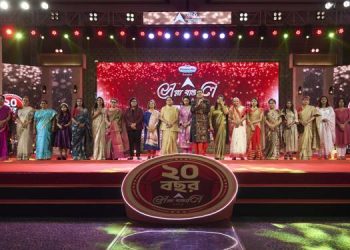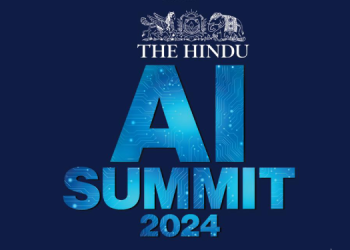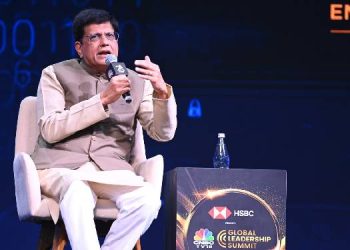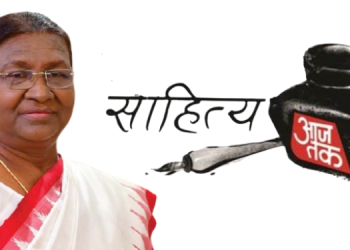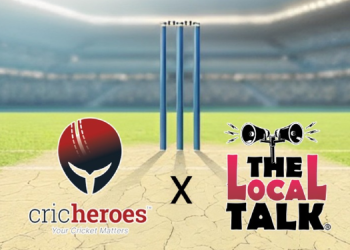Chennai: A recently concluded Conclave on Online Gaming, at Chennai, has recommended that the Tamil Nadu government should take the lead in creating a rigorous framework for regulating online games of skill. The ‘Tamil Nadu Conclave on Online Gaming’, was jointly organised by Ganesan and Manuraj Legal LLP and KOAN Advisory, and suggested the state government creates a progressive law that protects consumer interests and regulates the sector in accordance with the diktats laid down by the constitutional courts.
The Conclave addressed some key issues pertaining to the online gaming industry in India, the differences between gambling and games of skill, and the contribution of the latter to the economy, aptitude and development of sports. The event witnessed discussions around the adverse impact of blanket prohibitions and the way forward that could include a dedicated law for online games of skill with necessary safeguards.
“Most of the Indian states do not have separate laws for online games of skill and the present gambling laws do not succeed in examining different kinds of games of skill available. Looking at online games of skill through the lens of gambling results in prohibition instead of regulation by the State, irrespective of their legality, as held by various High Courts and the Supreme Court-. It is now up to States to draft a modern law in line with Article 19(1)(g) of the Constitution of India.” said, Muthupandi Ganesan, Partner, Ganesan and Manuraj Legal LLP.
The Conclave also discussed and debated critical aspects of the online skill gaming industry’s governance such as societal and economic challenges and opportunities and the legal-regulatory frameworks, and came up with the following recommendations:
- Strengthen Regulatory Framework: The forum called for a separate law for online games of skill to avoid combining the same with gambling legislations whose intent was to prohibit gambling and betting. The discussion further highlighted that this move would provide the industry with clarity, legal certainty, and guidance and allow the government to regulate the industry and prohibit illegitimate operators.
- Classification of Online Game of Skill: The forum called for a need to classify by different formats of online games of skill and frame suitable provisions for each. Justifying the recommendation, the forum stated that this move would help develop scientific policy responses based on evidence framed on principle of functional equivalence, and also does away with a one size fits all approach, which may not be conducive to innovation in the industry.
- Build State Capacity: Finally, the forum concluded its recommendations by adding that states must build institutional and regulatory capacity to effectively address challenges arising from online skill games. The Regulatory Committee will help enforce laws by setting the rules for licensing of games and overseeing the smooth functioning of consumer grievance processes.
Explaining the current situation in India where pay-to-play formats of games of skill are associated with chance-based gaming such as gambling and betting, a spokesperson from KOAN Advisory said, “The skill element in fantasy sports has been proven and has already been approved as a ‘Game of Skill’ by the Hon’ble Supreme Court of India. We are of the strong belief that this industry exemplifies the spirit of Make in India and Atmanirbhar Bharat and can be a poster child for the success of these flagship initiatives. There is a strong need to have a separate law for online games of skill which is distinct from any law on gambling.”
The conclave discussed the burning topic of protection of minors and recommended that the government should prescribe guidelines and responsibilities of gaming companies towards children. Child protection measures should be implemented through built-in controls, parental controls, profile / account level passwords, content filters etc. In addition, in line with global practices, games should be graded as per age appropriate content.
The participants felt that the proposed Code of Ethics under the new IT Rules, which provide for a graded system of content classification for online content is a good example to make note of. The industry is also called upon to be responsible when it comes to advertising by adopting a code of ethical marketing which could prescribe minimum advertising content standards.
The online gaming industry is currently valued at USD 1.8 billion and is expected to reach USD 7 billion by 2025. It currently employs more than 60,000 people and is expected to generate more than one million employment opportunities by 2030. It is also expected to contribute substantially to the exchequer — with tax revenues from the fantasy sports segment alone estimated to cross INR 13,500 crore by FY24.



